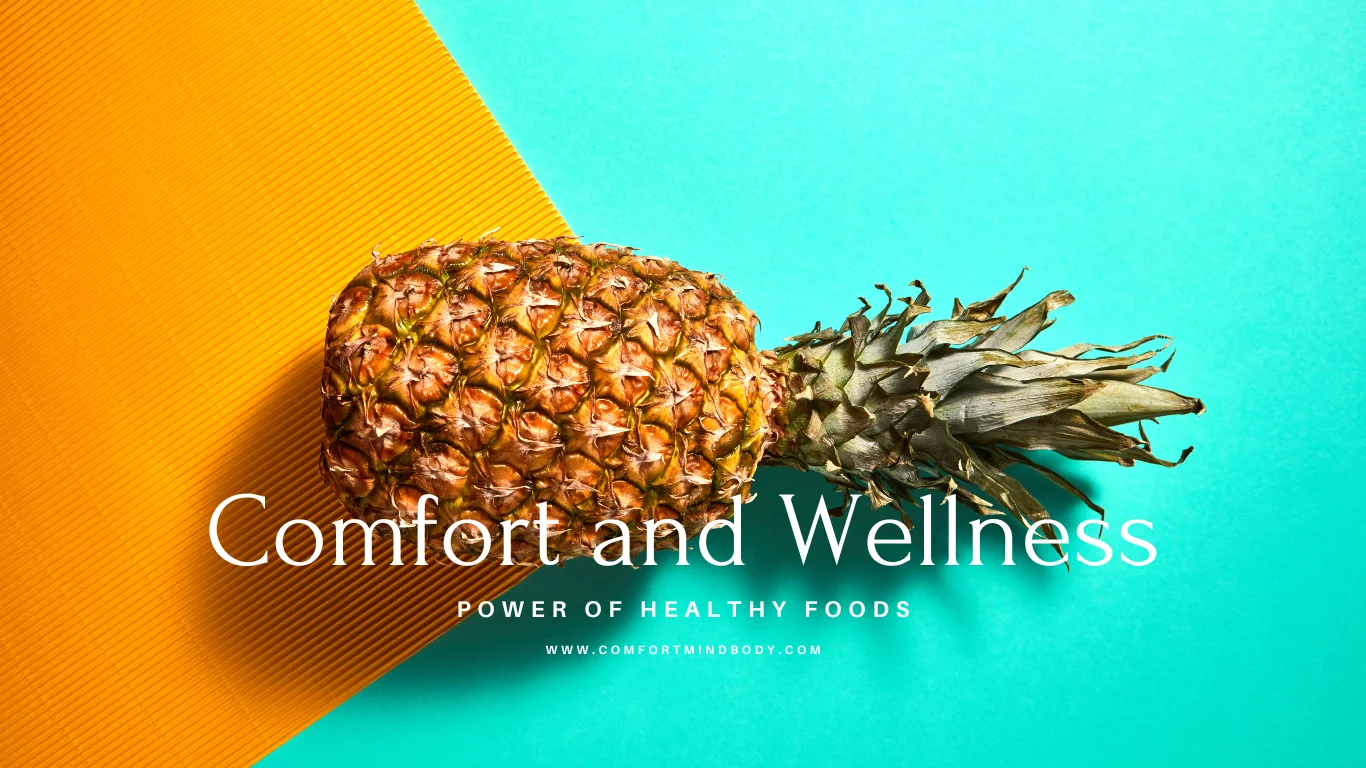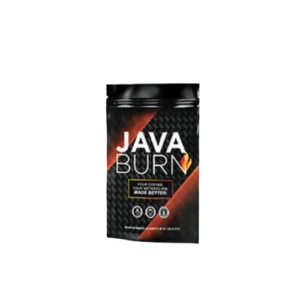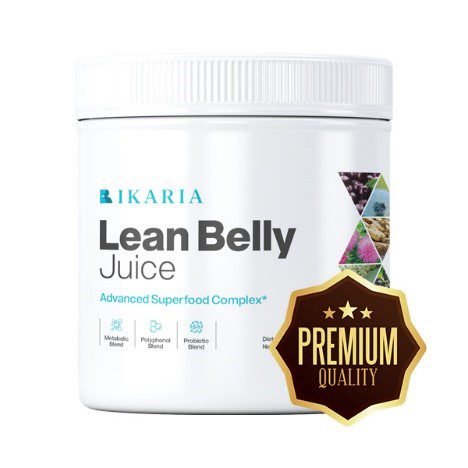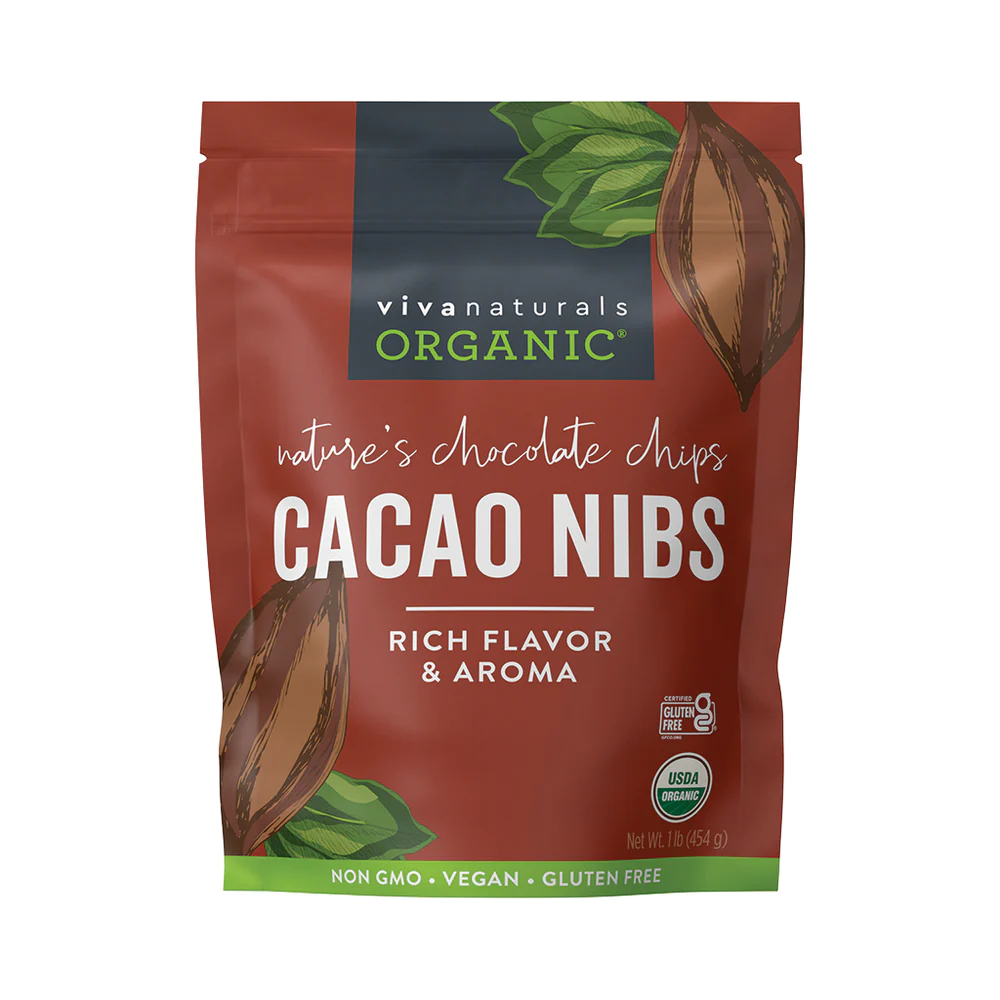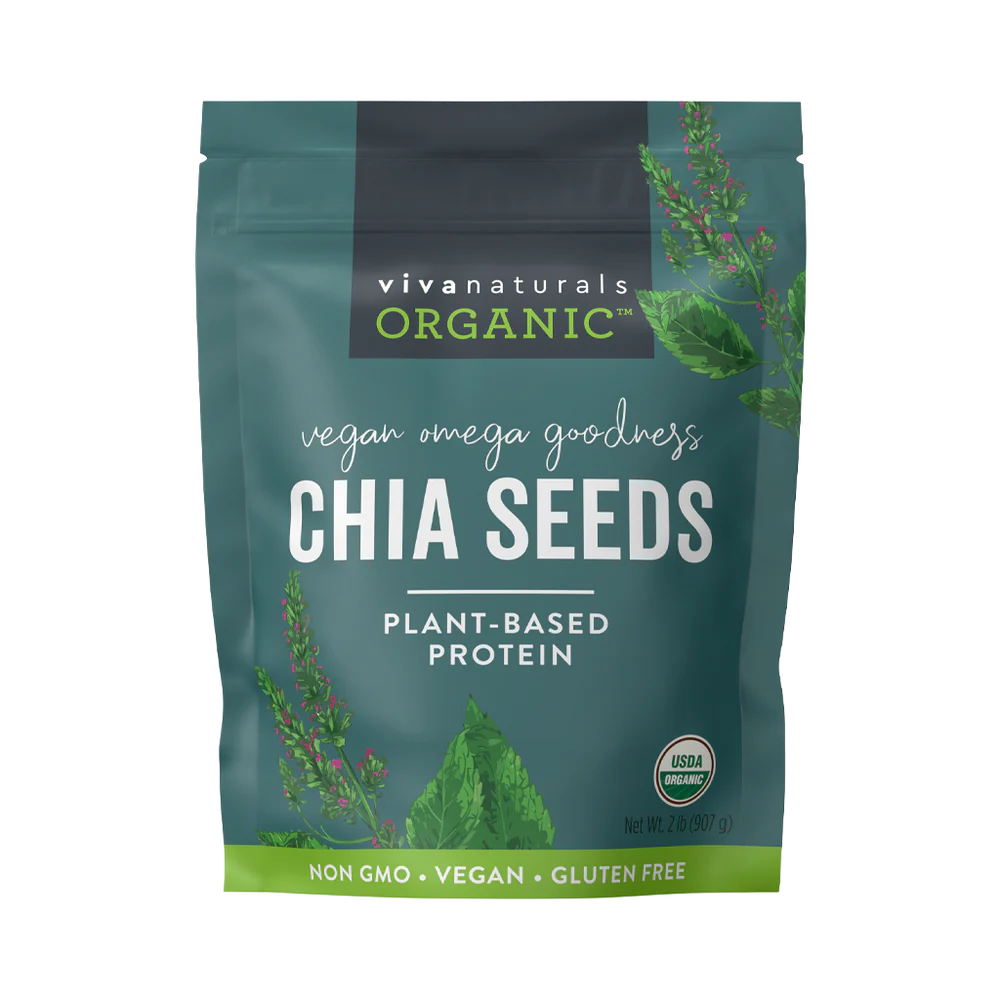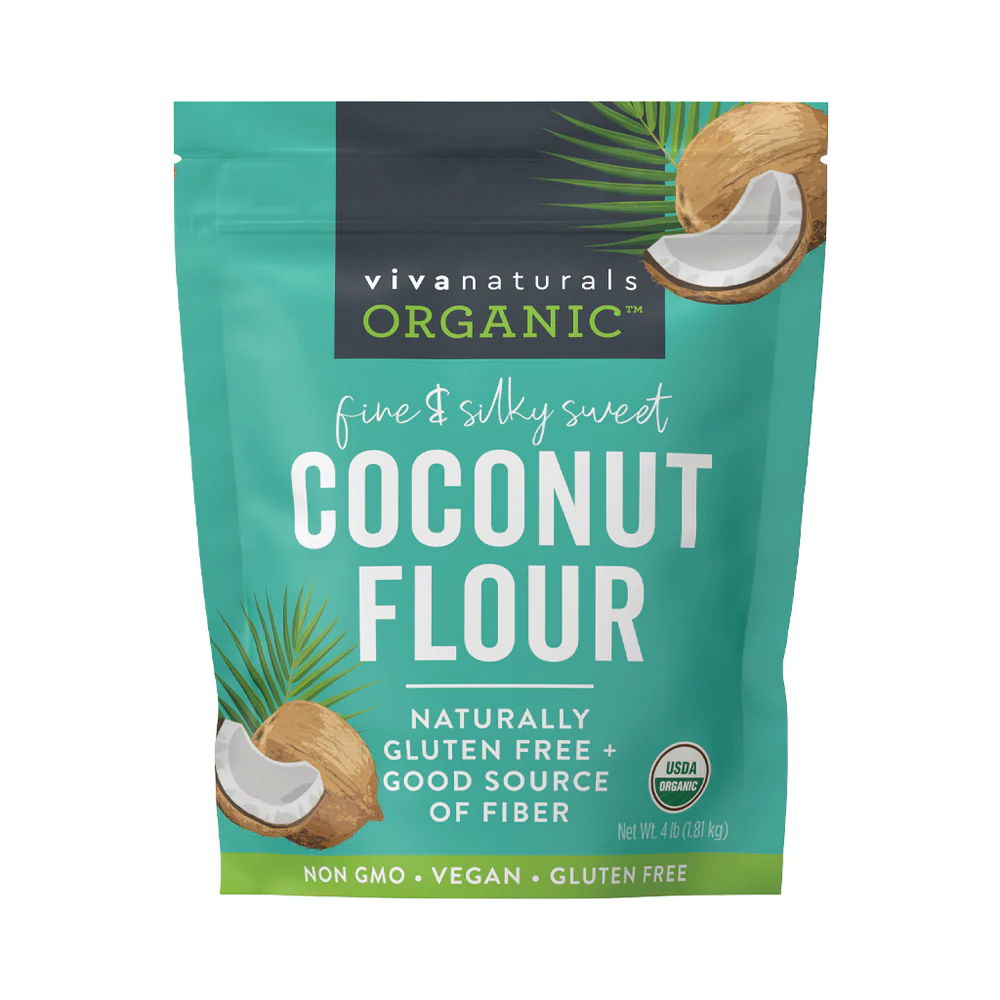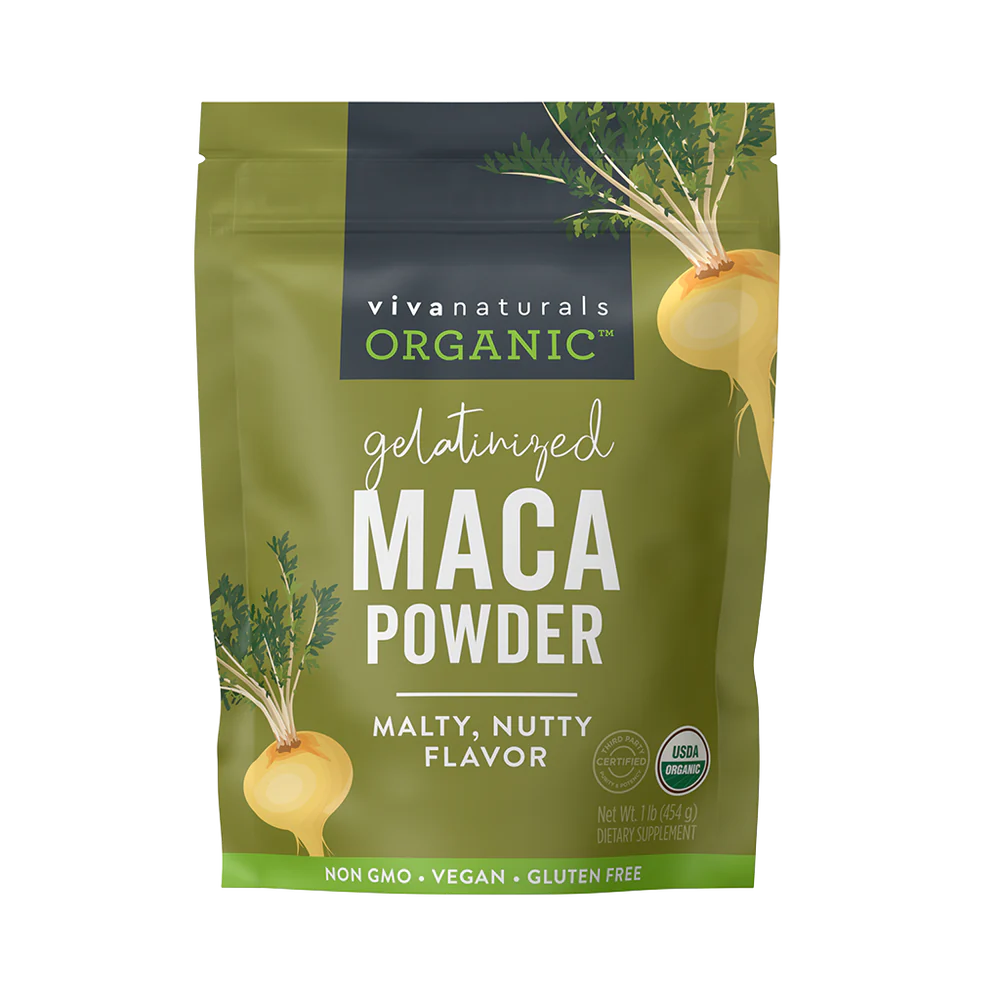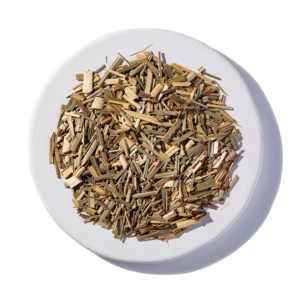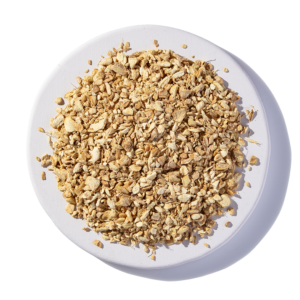Power of Healthy Foods
The journey towards wellness begins with the food one consumes daily. It’s not just about eating; it’s about consuming the right nutrients in the right proportions. This is where the importance of healthy foods and a balanced diet becomes paramount. The selection of foods we consume directly impacts our health and well-being. This article provides an essential guide to understanding and unlocking the power of healthy foods and maintaining a balanced diet.
A balanced diet is not just about eating but eating right. It is a diet that provides the body with all the essential nutrients, vitamins, and minerals required to maintain cells, tissues, and organs as well as to function correctly. A diet rich in fruits, vegetables, whole grains, and lean proteins can provide these nutrients.
The significance of healthy foods and a balanced diet transcends the mere prevention of diseases; it provides the foundation for a vibrant and energetic lifestyle. By consuming a balanced diet, you ensure your body receives the necessary nutrients needed to function optimally, thereby boosting your health and reducing the risk of chronic diseases.
What is a Healthy Diet?
Defining a healthy diet is crucial to understanding how to eat healthy. So, what is a healthy diet? Essentially, a healthy diet involves consuming a range of foods that give you the nutrients needed to maintain your health, feel good, and have energy. These nutrients include protein, carbohydrates, fat, water, vitamins, and minerals.
A healthy diet is not a one-size-fits-all concept; it varies based on age, gender, lifestyle, genetic makeup, and activity level. However, the general principle of a healthy diet involves consuming foods that are low in saturated and trans fats, cholesterol, sodium and added sugars. It also involves consuming foods rich in fiber, vitamins, and minerals.
To sum up, a healthy diet is balanced, providing the right proportions of nutrients from different food groups. It also includes a variety of foods, as no single food can provide all the nutrients your body needs.
Understanding Balanced Nutrition
Balanced nutrition is the cornerstone of a healthy diet. It involves consuming the right amount of food from all food groups, providing your body with the necessary energy and nutrients. Balanced nutrition is essential for good health and can help prevent diseases such as obesity, diabetes, heart disease, and certain types of cancers.
Understanding balanced nutrition involves recognizing the importance of macronutrients (carbohydrates, proteins, and fats) and micronutrients (vitamins and minerals). Both are necessary in appropriate amounts for maintaining health and preventing diseases.
Balanced nutrition also involves maintaining healthy body weight. This can be achieved by balancing the amount of calories consumed through foods and beverages with the number of calories the body uses for physical activities.
Top Healthy Foods to Include in Your Diet
There are countless healthy foods to include in your diet, each providing unique health benefits. Some top healthy foods include fruits and vegetables, whole grains, lean proteins, and healthy fats. Fruits and vegetables are rich in vitamins, minerals, and antioxidants, which help protect the body against diseases.
Whole grains, such as brown rice, oatmeal, and whole wheat bread, are fiber-rich, helping to improve digestion and regulate blood sugar levels. Lean proteins, like fish, poultry, and legumes, are essential for muscle growth and repair. Healthy fats, such as avocados, nuts, and seeds, provide necessary energy and support heart health.
Including various foods in your diet can promote overall health and well-being. However, it’s important to remember that a balanced diet involves more than just choosing healthy foods; it’s about consuming them in the right proportions to meet your nutrient needs.
Read More: 10 Best Diets of All Time: Unveiling the Secrets to Achieving Your Health Goals
Benefits of Eating Healthy and Maintaining a Balanced Diet
Eating healthy and maintaining a balanced diet comes with a myriad of benefits. It can help maintain healthy body weight, reduce the risk of chronic diseases, promote mental health, and boost energy levels.
A balanced diet providing the right amounts of vitamins and minerals can improve brain health, leading to better mental function. It can also enhance the body’s immunity, reducing the likelihood of getting sick.
Moreover, a well-balanced diet can enhance the body’s metabolism, leading to improved digestion and absorption of nutrients. This can result in better management of body weight and reduced risk of obesity and related health problems.
How to Eat Healthy: Tips and Strategies
Knowing how to eat healthy is as important as knowing what to eat. Here are some tips and strategies to help you eat healthier:
Start with small changes: Instead of making drastic changes to your diet all at once, begin with small steps. For instance, switch from refined grains to whole grains or add more fruits and vegetables to your meals.
Listen to your body: Pay attention to your hunger and fullness cues. Eat when you’re hungry and stop when you’re satisfied.
Plan your meals: Plan your meals and snacks for the week. This can help ensure you have healthy foods on hand and can prevent you from reaching for unhealthy options when you’re in a hurry or hungry.
Creating Your Healthy Eating Plan
Creating a healthy eating plan is a great way to ensure you maintain a balanced diet. Here’s how to create one:
Identify your nutritional needs: Your nutritional needs are based on your age, gender, physical activity level, and overall health. Identify these needs to understand the amount of each nutrient you need daily.
Choose a variety of foods: Include a variety of foods from each food group to ensure you get a wide range of nutrients.
Plan your meals and snacks: Plan your meals and snacks around your nutritional needs. Make sure each meal includes a balance of carbohydrates, proteins, and fats, and that you’re getting enough vitamins and minerals throughout the day.
Building a Balanced Meal: What to Eat When You're Hungry
If you’re hungry and unsure of what to eat, aim for a balanced meal. This should include:
Protein: Choose lean proteins like poultry, fish, beans, or tofu.
Carbohydrates: Opt for whole grains like brown rice, quinoa, or whole-grain bread.
Fats: Include a small amount of healthy fats like avocado, nuts, or seeds.
Fruits and vegetables: Add a variety of colorful fruits and veggies to your plate.
Remember, the goal is to fill your plate with a balance of nutrients that will satisfy your hunger and provide your body with the fuel it needs.
Healthy Food Options for Every Meal
Healthy food options should be incorporated into every meal of the day. For breakfast, you could have a bowl of whole-grain cereal with fruit and low-fat milk or a smoothie made with spinach, banana, and Greek yogurt. For lunch, try a salad with lean protein, plenty of veggies, and a vinaigrette made with olive oil. For dinner, opt for a piece of grilled fish with quinoa and steamed vegetables.
Healthy snacks can also be incorporated throughout the day. Try carrot sticks with hummus, a piece of fruit, or a handful of nuts. Remember, the key to a balanced diet is variety.
Superfoods to Support Your Body:
List of Foods for a Perfectly Balanced Diet
To help you on your journey to a balanced diet, here’s a list of foods that should be included:
Fruits and vegetables: Aim for a variety of colors to get a range of nutrients.
Whole grains: Foods like brown rice, oatmeal, and whole wheat bread are good choices.
Lean proteins: Include options like chicken, turkey, fish, and beans.
Healthy fats: Foods like avocados, nuts, and seeds provide essential fatty acids.
Dairy: Opt for low-fat or non-fat options.
Remember, balance and variety are key. No single food can provide all the nutrients you need, so be sure to include a mix of foods in your diet.
The Impact of Healthy Eating on Physical and Mental Health
Healthy eating has a profound impact on both physical and mental health. A diet rich in fruits, vegetables, whole grains, and lean proteins can boost your immune system, reduce inflammation, and lower the risk of chronic diseases such as heart disease, diabetes, and cancer.
Not only does a balanced diet support physical health, but it also has significant implications for mental health. Eating a healthy diet can improve brain health, boost mood and memory, and reduce the risk of mental health disorders such as depression and anxiety.
In conclusion, the impact of healthy eating on physical and mental health is wide-ranging and significant. It’s never too late to start making healthier food choices – your body and mind will thank you!
Conclusion: Embrace the Power of Healthy Foods and Balanced Diet
In conclusion, healthy foods and a balanced diet are fundamental to good health and well-being. They provide the necessary fuel for physical activity, promote the growth and repair of cells, and boost the body’s immune system. In addition, they can help prevent a range of diseases and enhance mental health.
Embracing the power of healthy foods and a balanced diet involves understanding what constitutes a healthy diet, how to plan and create balanced meals, and the benefits of maintaining such a diet. It’s not just about the foods you consume, but also about making long-term changes to your eating habits that can lead to improved health and wellness.
Start your journey to health today by unlocking the power of healthy foods and a balanced diet. Your body will thank you for it!
Affiliate Disclosure:
The links contained in this product review may result in a small commission. This goes towards supporting our research and editorial team and please know we only recommend high-quality products.
Note: This article is for informational purposes only and is not intended to diagnose, treat, or cure any disease. Always consult a healthcare professional before taking any supplement or making any changes to your diet or lifestyle.
